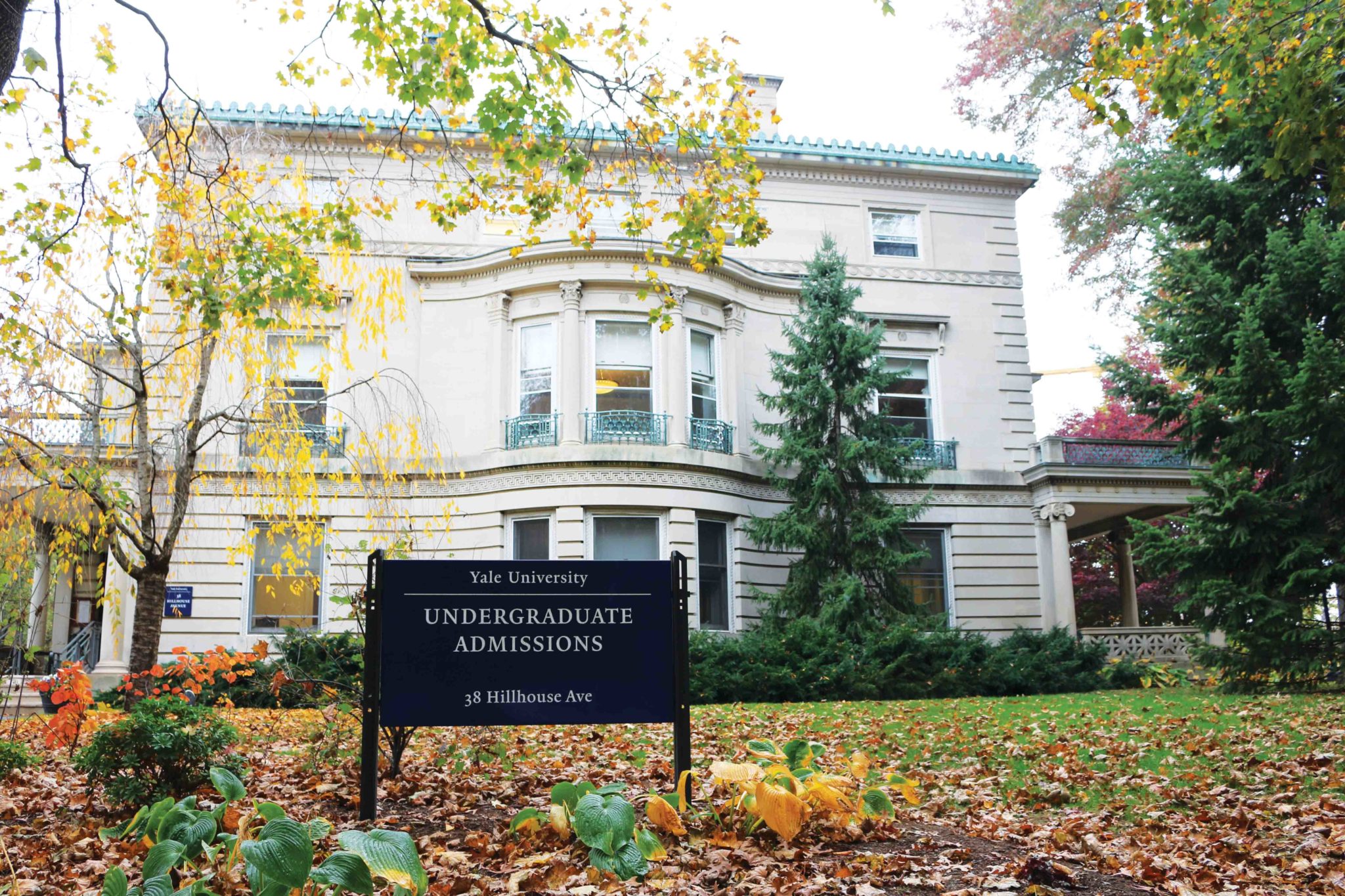
Tarna Zander-Velloso
Amid the national discussion surrounding affirmative action prompted by the Students for Fair Admissions v. Harvard federal trial, the Asian American Cultural Center and other groups hosted a Wednesday lecture entitled “Anti-Blackness, Asian Americans, and White Supremacy” led by University of California, Irvine professor of political science and Asian American studies Claire Jean Kim GRD ’96.
In front of a crowd of around 50 students and Yale community members, Kim used the Harvard lawsuit to explore the ways that Asian Americans have played a role in U.S. Supreme Court jurisprudence on race-conscious admissions in higher education in the past. Along with the AACC, her talk was also hosted by the Yale Center for the Study of Race, Indigeneity & Transnational Migration.
“Asians and blacks have been assigned from the start to distinct positions in the U.S. racial order,” Kim said. “The problem is not a myth that we can correct by writing op-ed pieces, the problem is structural positionality.”
Kim discussed the differing positions of the two racial groups in American racial hierarchies, highlighting that African Americans have faced more structural disadvantages than Asian Americans in access to higher education due to historical factors. She argued that Asian Americans have played “a critical role in the legal-ideological project” of undermining claims that blacks face discrimination specific to their race.
Kim highlighted that many question the “discrimination-underrepresentation link” — the connection between facing racial discrimination and being underrepresented in higher education — which Asian Americans seem to “break down.” Kim noted that this logic rests on the idea of “minority equivalency,” or assuming that all nonwhite racial groups are similarly situated. She further explained that Asian Americans stand at a “jagged edge,” where they experience the disadvantages of not being white, while also benefiting from the advantages of not being black.
Kim, who has conducted research on the topic for a forthcoming book, spoke about the way the Supreme Court has used Asian Americans to say that it is impossible to defend treating all minority groups equally in terms of admissions. She described the “model minority myth,” which characterizes Asians as experiencing a higher degree of socioeconomic success despite facing racial discrimination, and argued that focusing on it “disables [the people working on the issue]” from answering the questions at the core of the affirmative action debate.
“To sum up, the critique of the model minority myth says Asian Americans are not doing all that well, not all Asian Americans are doing well and Asian Americans are minorities, too,” Kim said. “But even when we keep all of this in mind, there’s still something here that appears to need explaining. Namely, why do Asian Americans fare better than blacks? … Why does the discrimination-underrepresentation link break down with Asian Americans?”
Harvard is not the only university to receive scrutiny for its use of affirmative action in the admissions process. In April 2018, the Department of Education’s Office for Civil Rights opened an investigation into Yale’s allegedly discriminatory admissions practices, which it argues unfairly disadvantage Asian American applicants. The ongoing investigation was prompted by a complaint filed by the Asian American Coalition for Education, an organization which fights “for Asian-American children’s equal education rights,” according to its website.
Ananya Kumar-Banerjee ’21, an attendee of the event, said that she “was relatively familiar” with Kim’s work before the lecture.
“I think a lot of what she had to say about the way in which the model minority conversation has been hijacking a more necessary conversation — that’s not to say the model minority conversation isn’t necessary — but perhaps a more public or mainstream conversation about anti-blackness in the Asian American community is very well [conveyed and argued],” she said.
The AACC was established in 1981.
Skakel McCooey | alayna.lee@yale.edu
Asha Prihar | asha.prihar@yale.edu







